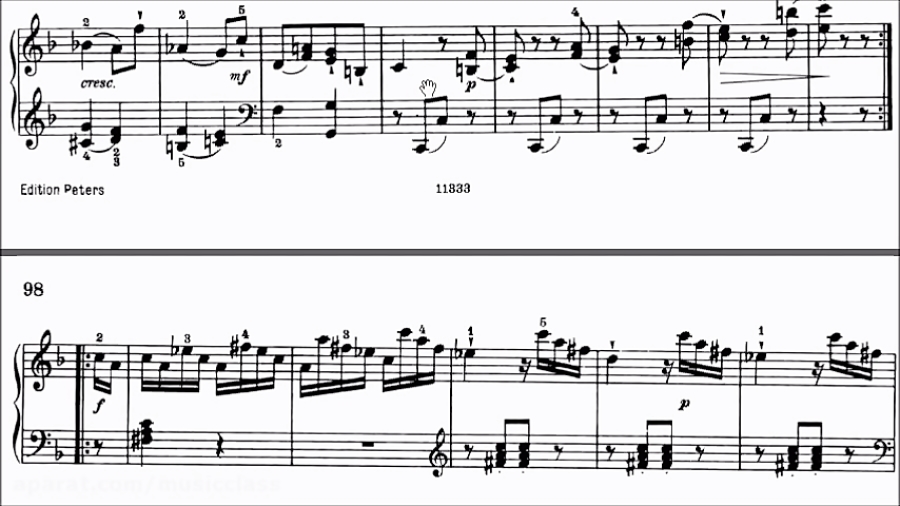

Recorded accompaniment is only an option for Performance Grades. Can I be exempt from taking the Theory exam?įor enquiries like this, please contact our Learning & Qualifications team.Ĭan I use recorded accompaniment in a face-to-face exam? I do have an A-level in Music/a Music degree. I'd like to take a high-grade (6–8) Practical exam but don’t have Grade 5 Theory.
#Abrsm accompanist code
The Code of Fair Practice is available at and participating publishers are listed in Appendix B. You're allowed to photocopy individual pages to avoid a tricky page turn, but only if the publisher of the piece is signed up to the Music Publishers’ Association (MPA) Code of Fair Practice. You shouldn't make or use photocopies unless you have written permission from the publisher. Examiners would rather hear a confident simplified version of an ornament than a performance that suffers because you're struggling to perform the suggested interpretation.Ĭan I use a photocopy of the music in my exam?

If you need to, it's better to simplify the ornaments. There's no single correct way to play ornaments and you should use your musical discretion. I’m having trouble playing the ornaments as they're written in the music. Also available are Jazz Ensemble exams and Performance Assessment in Jazz. We currently offer Jazz exams at Grades 1–5 for Piano, Flute, Clarinet, Saxophone, Trumpet and Trombone. No, all Jazz syllabuses remain in force until further notice. You can use any edition of the music unless the syllabus specifies a particular arrangement or transcription. I have a copy of a piece in the syllabus but it’s a different edition from the one listed. Candidates should arrange in advance with their accompanists which tuttis might be omitted. Tuttis aren't usually required, other than those specifically stated in the syllabus. Do I need to play the cadenza and are all the tuttis needed?Ĭadenzas shouldn't be played unless specified in the syllabus.
#Abrsm accompanist free
Candidates with a limited vocal range should feel free to tell the examiner, who'll endeavour (but not guarantee) to find tests within the range specified. Your student could either hum or whistle – the examiner won't be assessing vocal quality. My student can’t/won’t sing in the singing part of the aural tests. However, very short repeats can be played at the discretion of the teacher or candidate. Accompanists for Grade 6–8 exams are also welcome to bring a page-turner.ĭa capo (DC) and dal segno (DS) indications should be followed but other repeats (including first-time bars) shouldn't be played unless stipulated in the syllabus. Information on the length of the overlap period and the requirements that it applies to are given at /overlap.Ĭandidates at Grades 6–8 can bring a page-turner to assist with any awkward page-turns in their music. Prior permission from ABRSM isn't required. In the first year of a new Practical exam syllabus, we offer an overlap period in which candidates may follow specific requirements from the preceding syllabus. Can I use pieces from last year’s syllabus in my exam this year?

The syllabus I’ve been working on has changed. Arrangements beyond that are subject to review. These arrangements are in place until at least 31 July 2022.

For digital exams (including Performance Grades) we are offering a range of options which you can view here. For face-to-face exams (including Practical Grades) we will accept unaccompanied performances as outlined here. However, in response to Covid, we are offering flexibility to singers and instrumentalists who must usually have an accompanist (or duet partner) for their exam. What do I do if my accompanist is unable to attend my exam due to Covid?


 0 kommentar(er)
0 kommentar(er)
